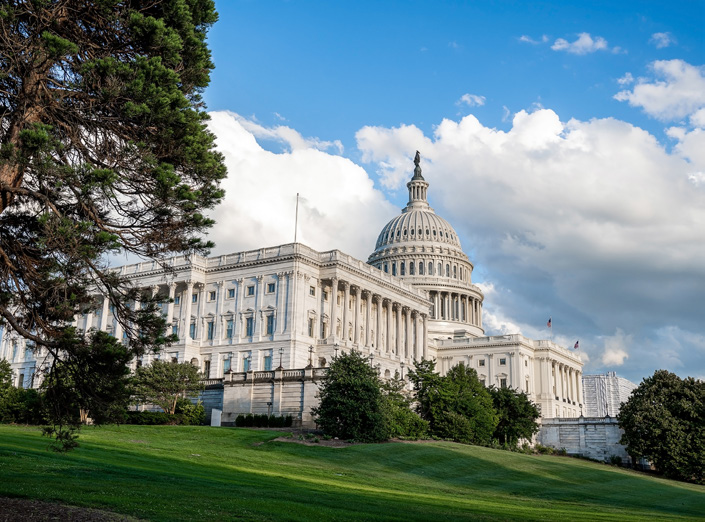Bench-Bar-Media Dialogue Recap: "Tell Us Everything!"

"Tell Us Everything: Handling the Demand for Information in High-Profile Trials in the Internet Age"
By: Marissa Ramirez (Policy & Education Associate at CCE)
On Tuesday, July 16th the Council for Court Excellence hosted the latest Bench-Bar-Media Dialogue event, "Tell Us Everything: Handling the Demand for Information in High-Profile Trials in the Internet Age" at Williams & Connolly LLP. The event attracted 70 attendees, who engaged deeply with the expert insights shared by our distinguished panelists.

Thomas Hentoff, a partner at Williams & Connolly and co-chair of the firm’s First Amendment and Media practice group, moderated the event. He set the stage by highlighting the crucial balance between the public’s right to access court proceedings and the need to preserve the integrity of trials and the safety of all involved.
The panel featured:
- Carol Leonnig, investigative reporter for The Washington Post and a four-time Pulitzer Prize winner.
- The Honorable Beryl A. Howell, Senior Judge of the U.S. District Court for the District of Columbia, and former Chief Judge (2016-2023).
- The Honorable Matthew Graves, U.S. Attorney for the District of Columbia.
- Chuck Tobin, Practice Leader of Ballard Spahr’s Media and Entertainment Group.
- Benjamin Chew, partner at Brown Rudnick, known for his representation in high-profile cases.
The panel delved into the challenges of providing the press and public with robust access to pre-trial exhibits, pleadings, and trial evidence, without compromising other concerns such as the fair-trial rights of criminal defendants. Judge Howell and Mr. Tobin shared insights into the U.S. District Court's procedures for media access, particularly in high-profile cases like the January 6-related prosecutions, which led to the Court’s adoption of a Standing Order specific to those highly newsworthy cases.
Discussions also included how other courts, both in the District and elsewhere, have adapted their operations in response to the demands of immediate media access. Mr. Graves discussed how the U.S. Attorney's office navigates the challenges of enhanced media scrutiny, while Ms. Leonnig shared the obstacles journalists face in covering high-profile trials.
The panel also addressed the effects of enhanced remote access introduced during COVID-19 and the ongoing impact of social media on high-profile trials. The discussions highlighted the sometimes delicate balance between maintaining trial integrity and meeting the public's demand for information. Mr. Chew detailed his experiences representing Johnny Depp in a livestreamed defamation trial that received enormous public attention – including both the access arrangements themselves, and the strategic considerations they raise for litigants.
The event concluded with a dynamic Q&A session, allowing attendees to engage directly with the panelists, followed by a reception that fostered further discussion and networking.

The event offered a valuable opportunity to share perspectives on the complexities of trials of public significance in the digital age. The Council for Court Excellence extends its gratitude to the panelists, attendees, and everyone involved in making this event informative and engaging. To support events like this, donate to support our work at the intersection of law, media, and public interest.
Stay in the Know with Our Quarterly Newsletter
Receive updates, event invitations, information about new publications, and more.




